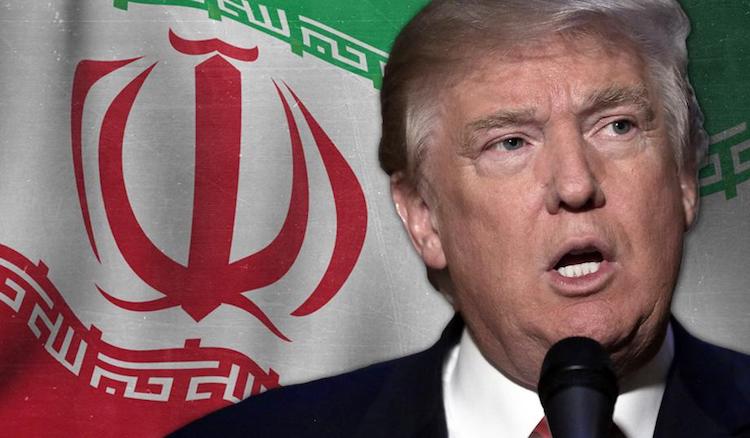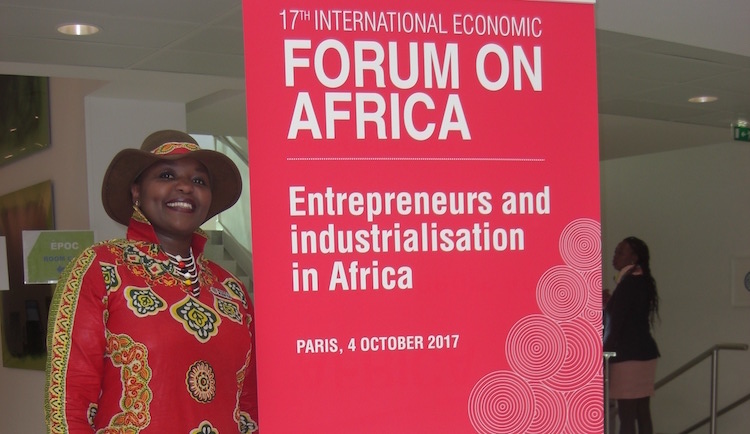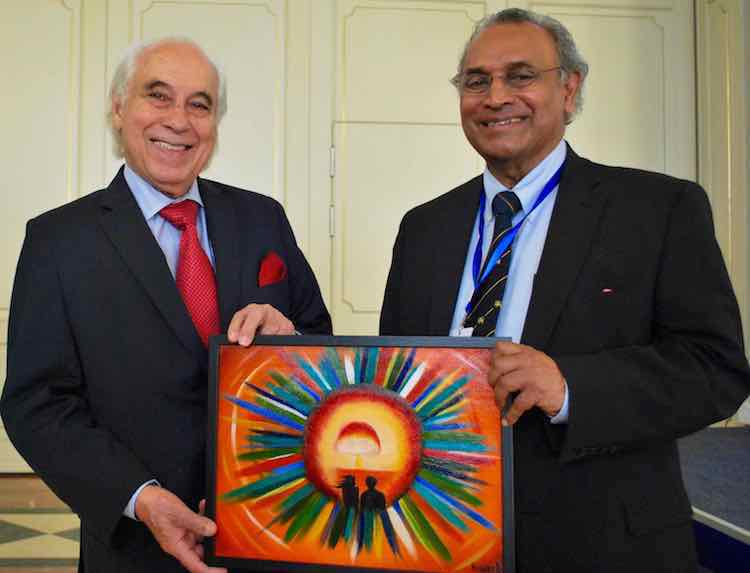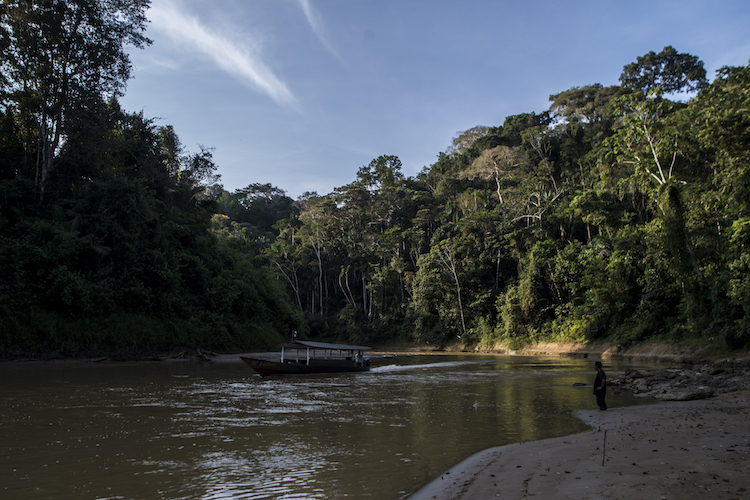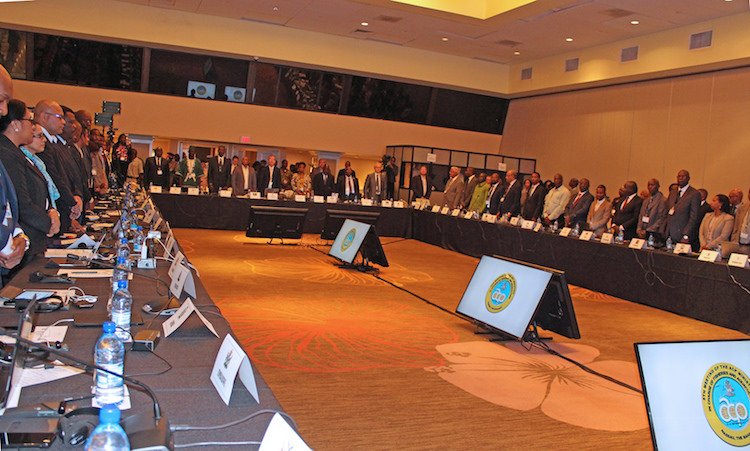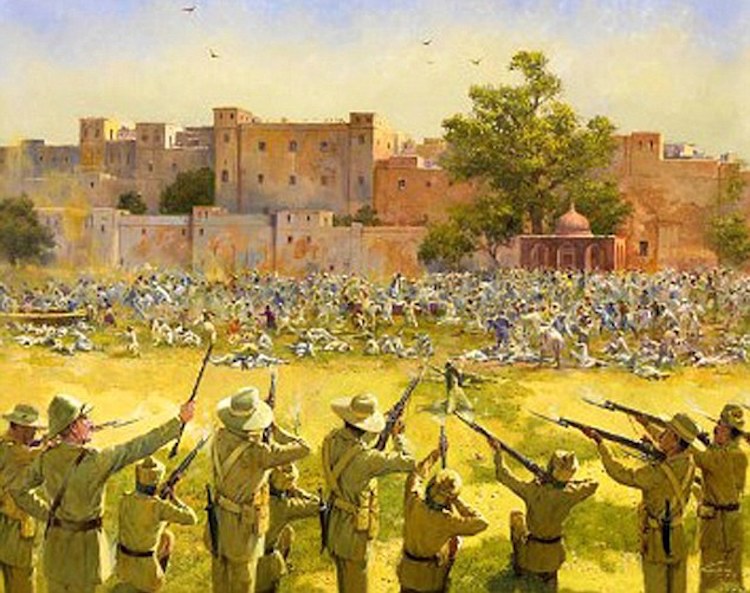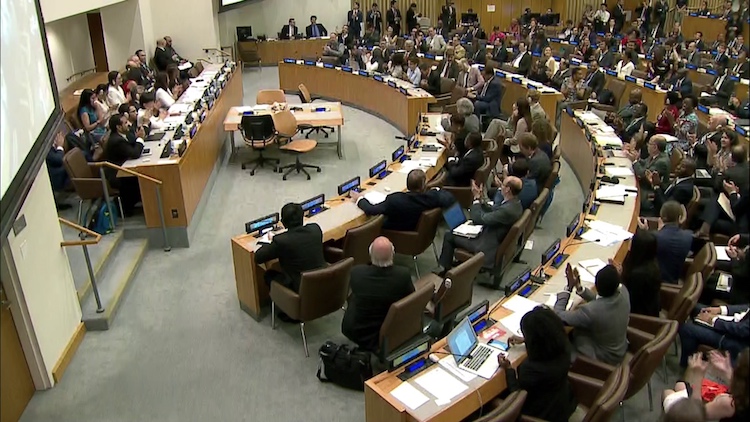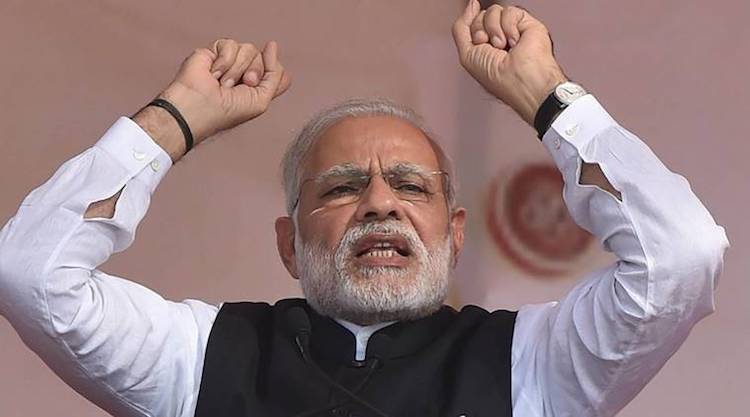Viewpoint by Jonathan Power*
LUND, Sweden (IDN-INPS) – In the Cold War days, some of us used to say, “Better red than dead” – to rebuff those who believed in nuclear deterrence as a way of political life that gave them security. Now those of us who are frightened that Trump could start a nuclear war over Iran or North Korea should coin a new phrase. How about: “Better alive than going to the grave with Kim Jong-un”? Admittedly that doesn’t have the same snappy ring, but get my point?
At the UN recently, President Donald Trump (aka Fire and Fury) threatened to “totally” destroy North Korea if the U.S. was forced to defend itself.

